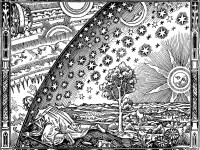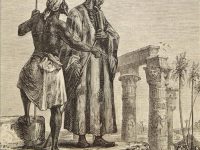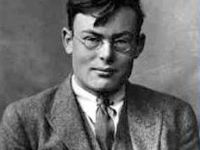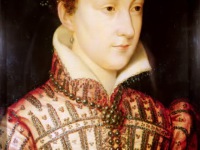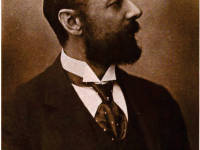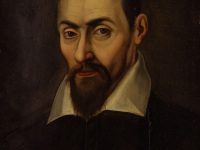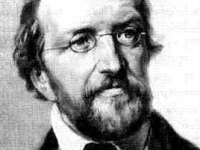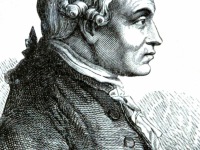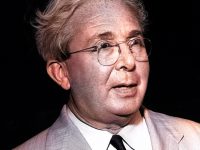Camille Flammarion and his Balancing Act between Popular Science and Science Fiction
On February 26, 1848, French astronomer and author Nicolas Camille Flammarion was born. He maintained a private observatory, where he studied double and multiple stars, the moon and Mars. He is best known as a prolific author of more than fifty titles, including popular science works about astronomy, several notable early science fiction novels, and works on psychical research and related topics. “May we attribute to the color of the herbage and…
Read more

